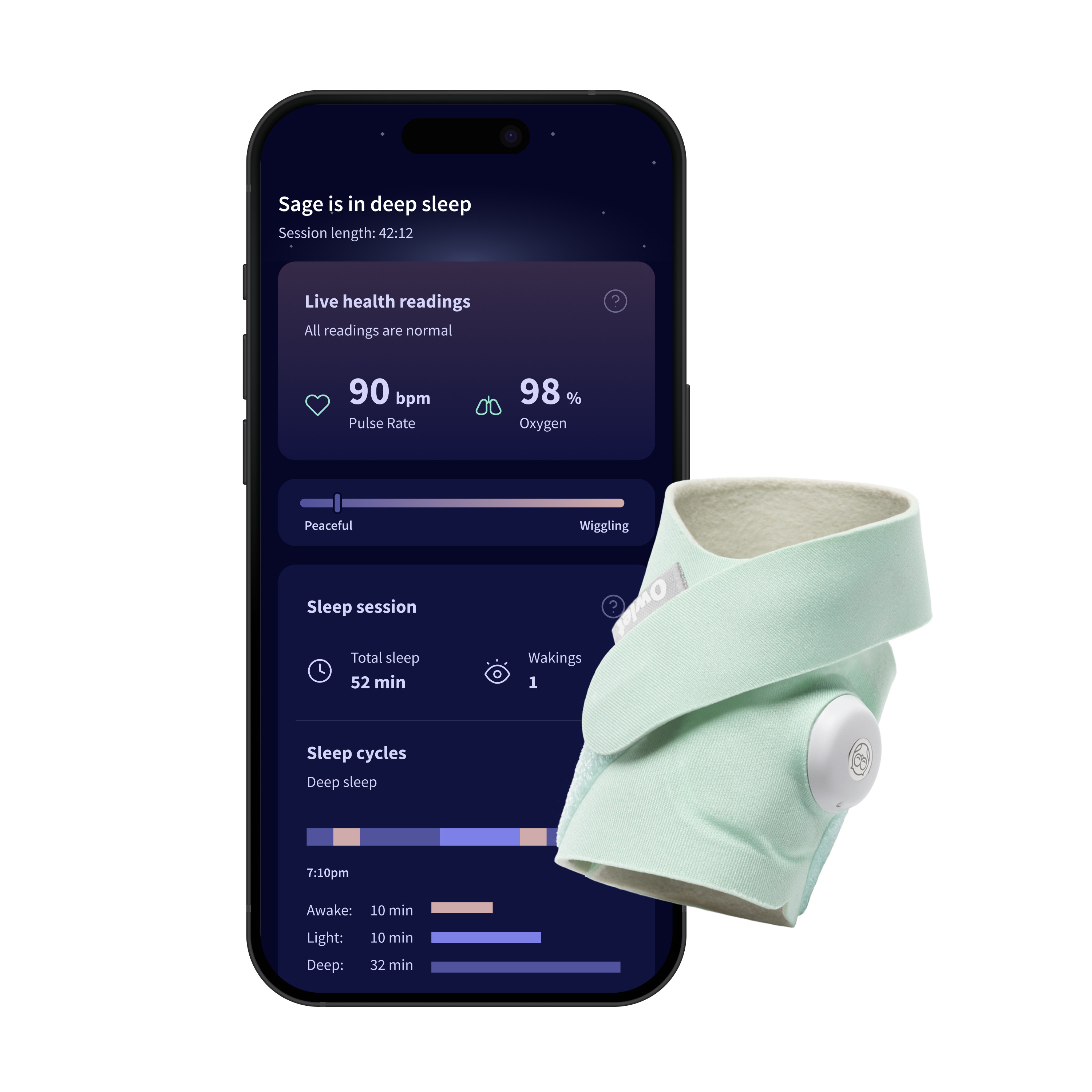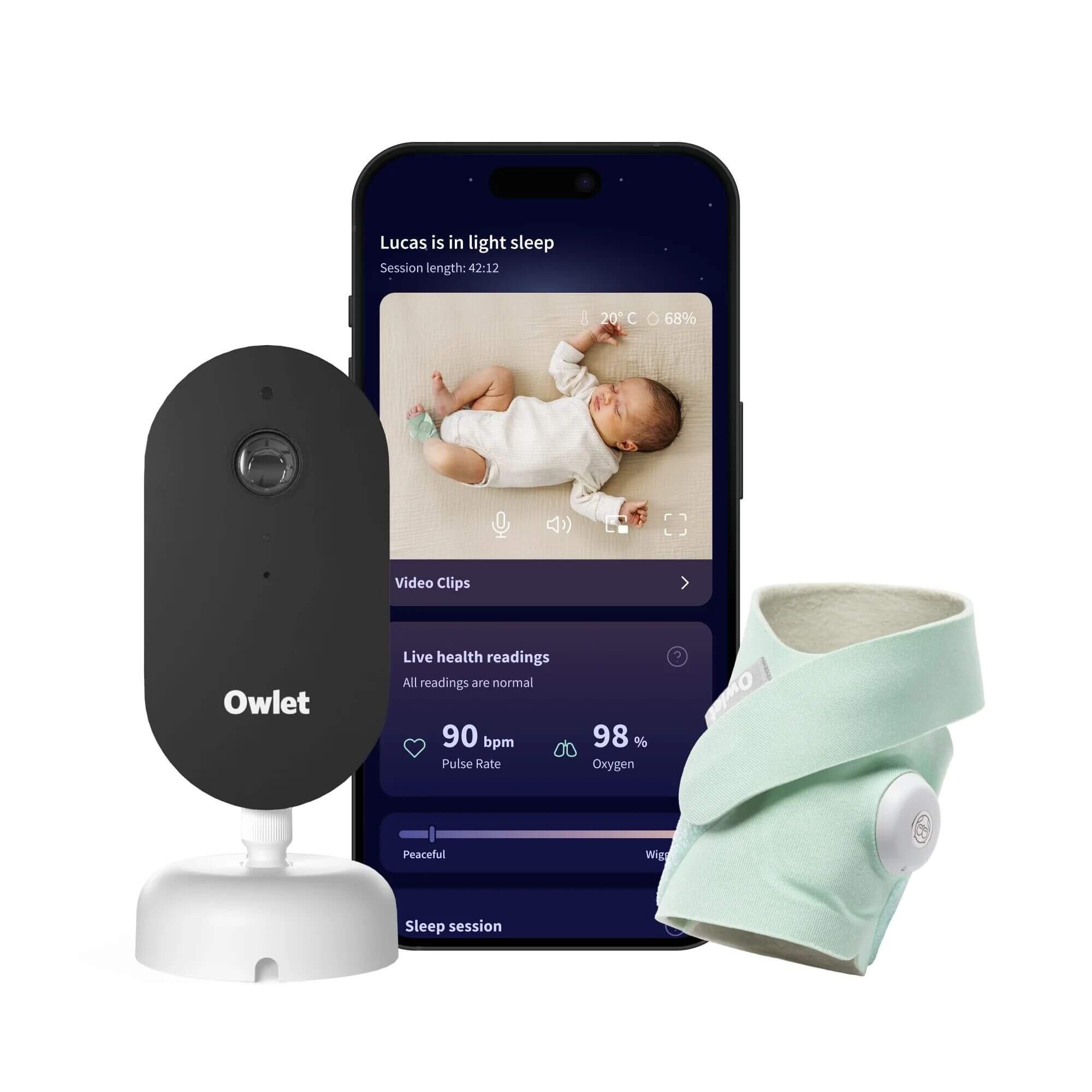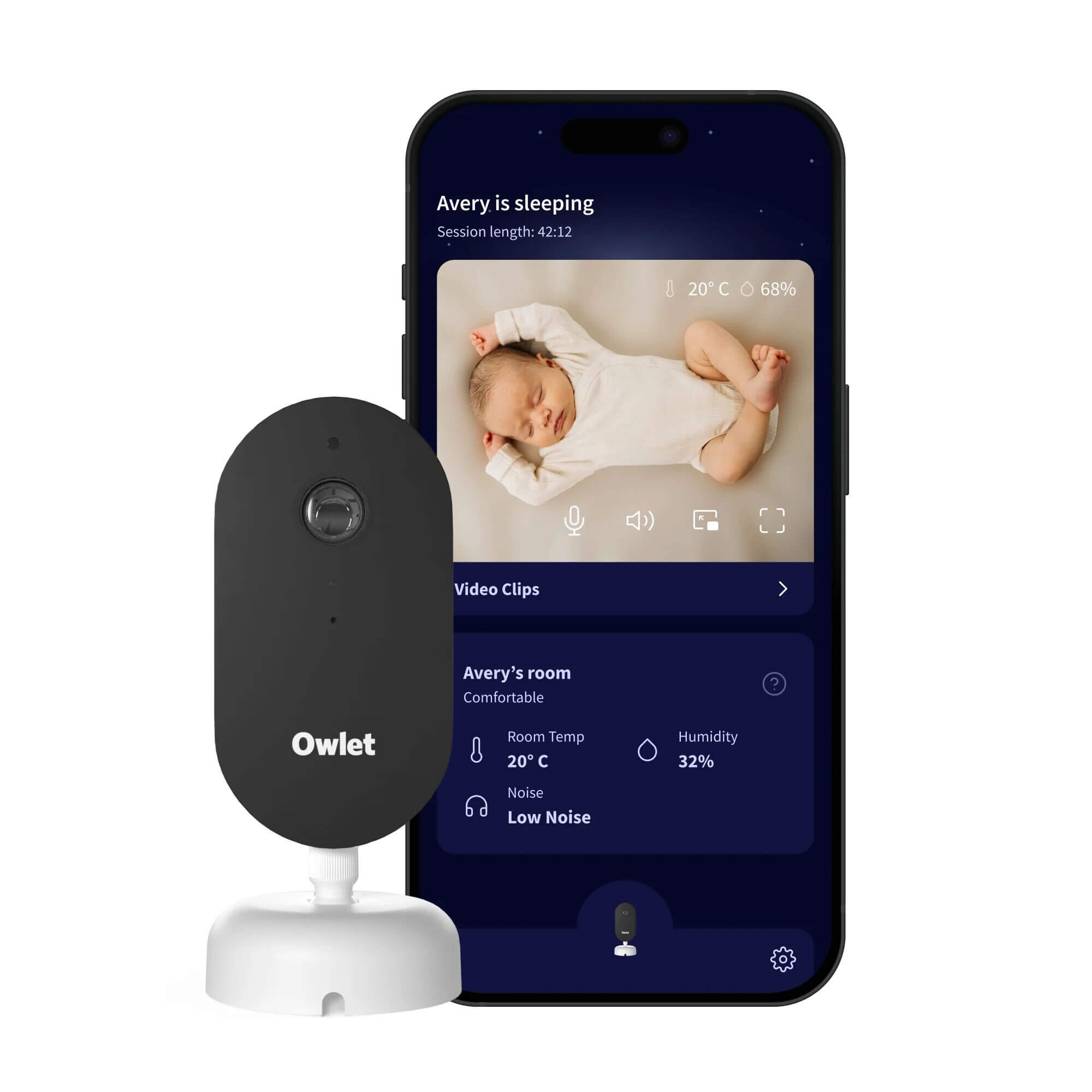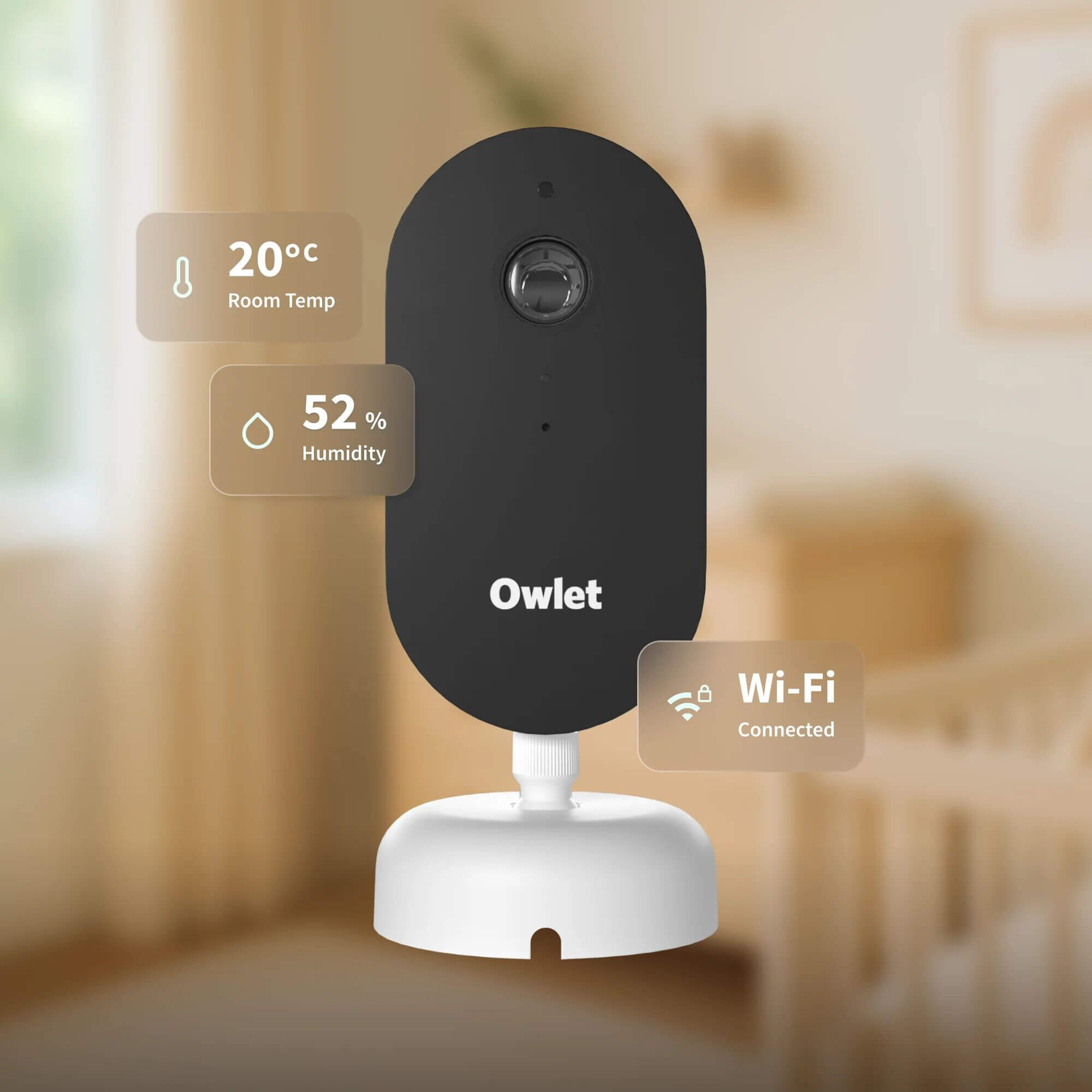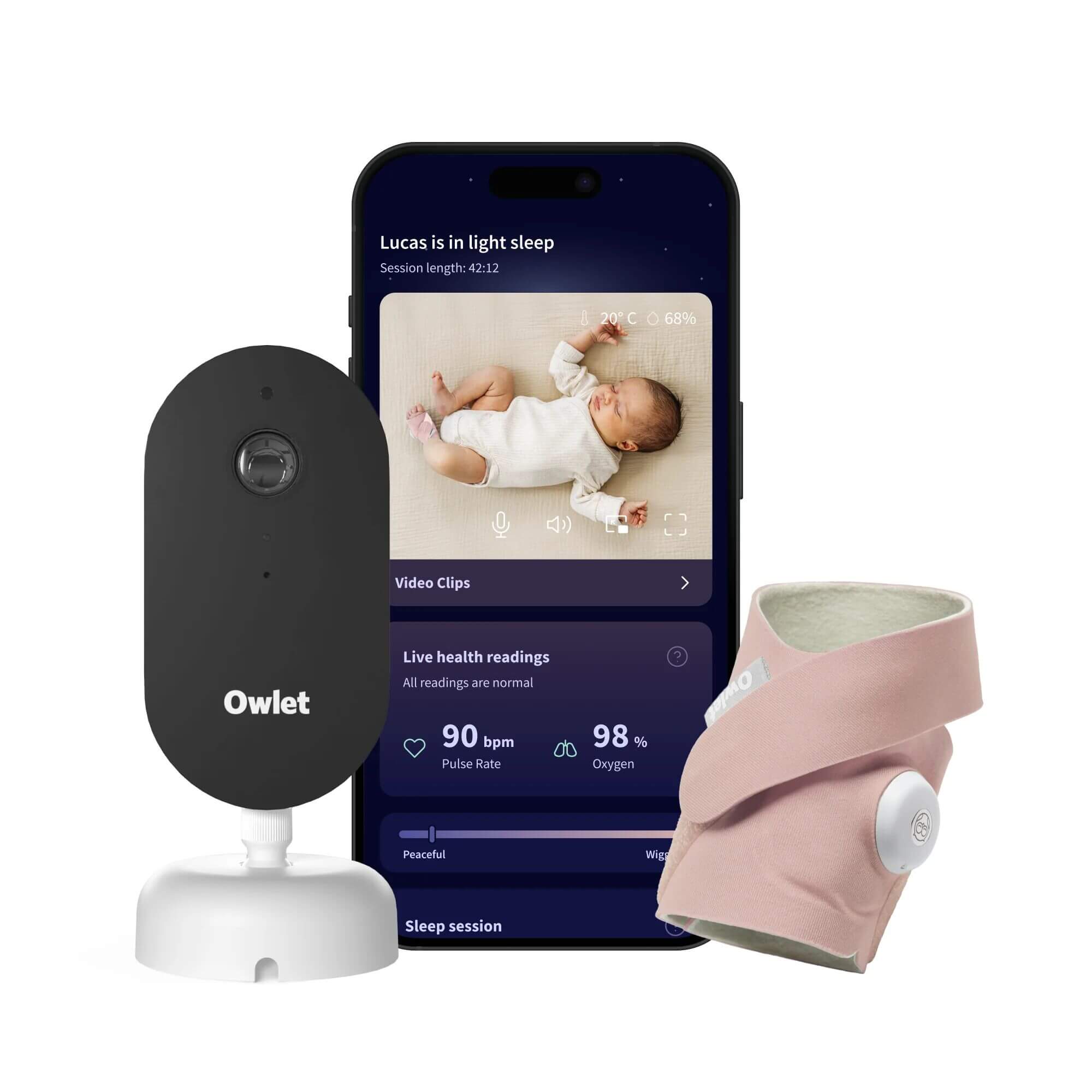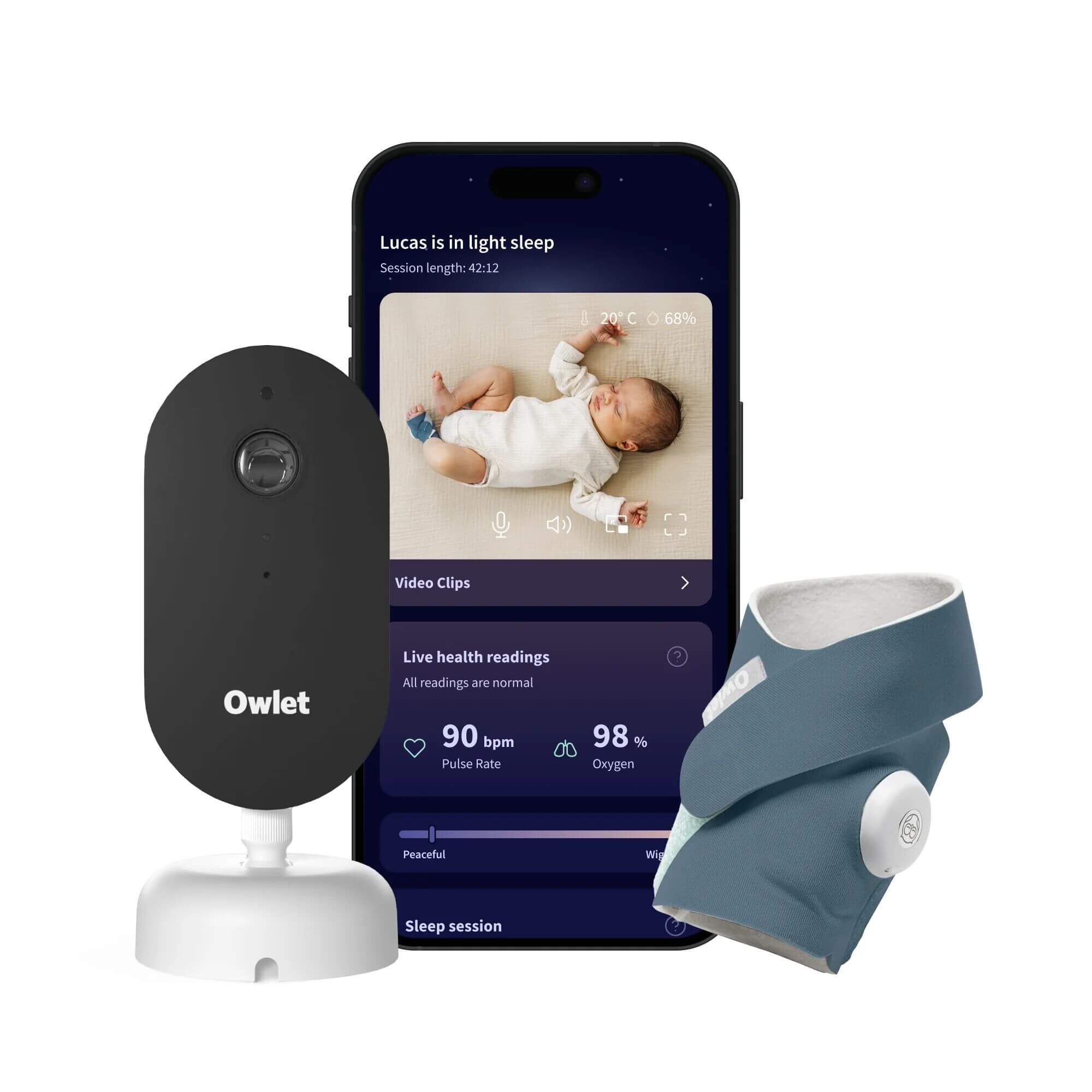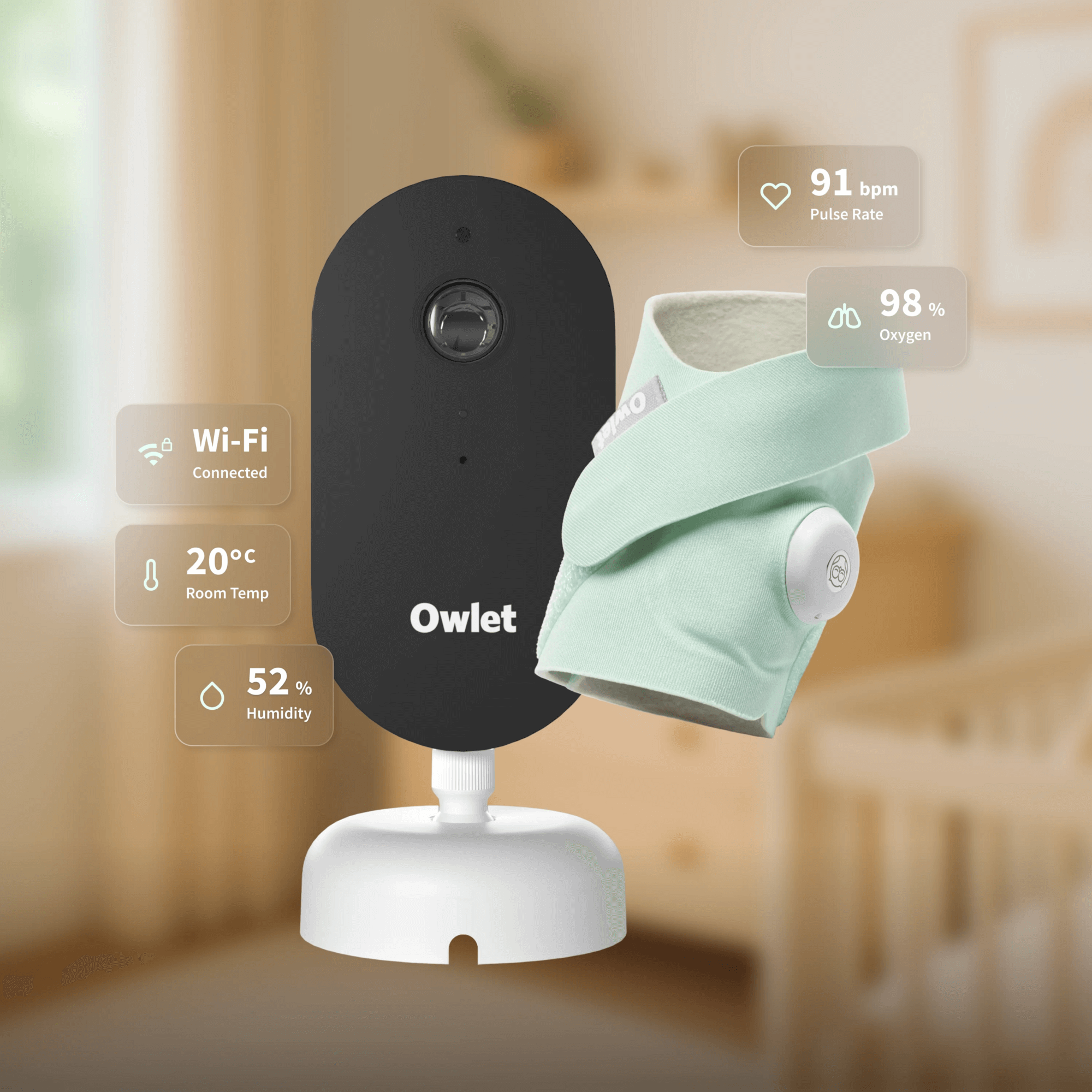The Perfect Sleep Environment for Your Baby
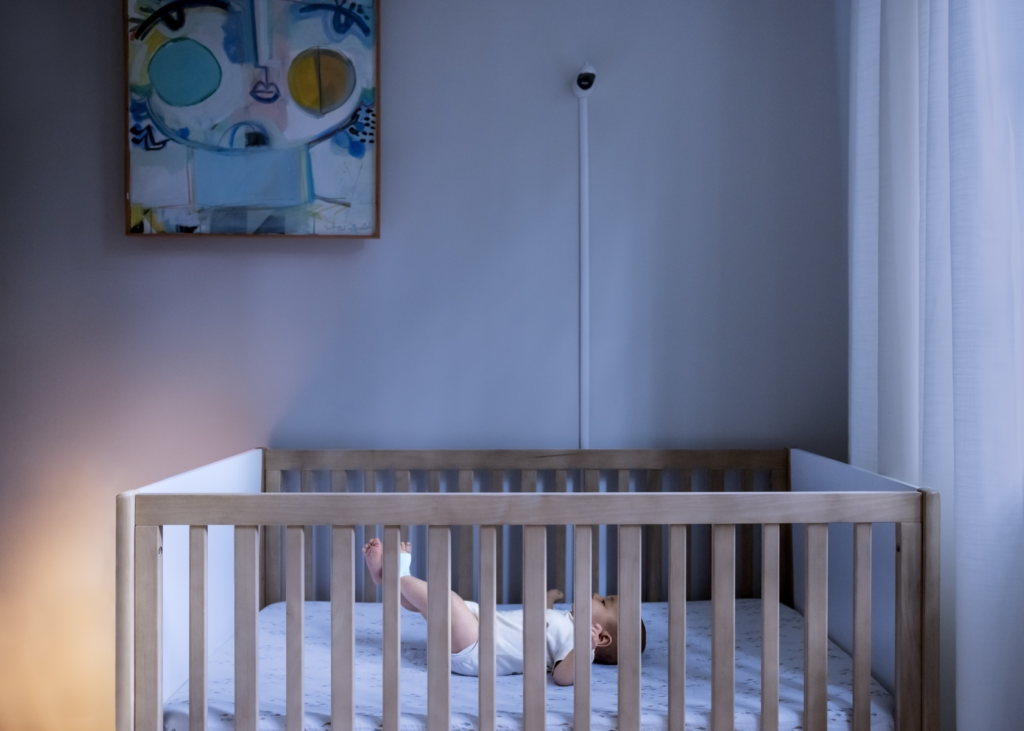
The content provided on this blog is intended for informational and educational purposes only. It is not a substitute for professional medical advice, diagnosis, or treatment. Always seek the advice of a qualified healthcare provider with any questions you may have and to learn more about your child's specific needs.
Sunlight, noise, temperature and humidity can play a huge role in your and your baby's overall sleep quality. Good sleep hygiene, your habits around sleep, isn’t just about screen time and caffeine intake, having a cozy sleep environment can help you and your baby achieve some good restorative sleep.
Sunlight
The sun is an underutilized resource for free sleep learning at any age. The sun holds great powers when it comes to our sleepiness levels and we just aren’t using it to our full advantage. You can let the sun guide not only your body, but also your baby’s body to understand what time of day it is and give you cortisol for daytime energy or melatonin for night time sleepiness. Sunshine has also been proven to improve mental health and can lower risks for postnatal depression. So, a win for the whole family! Up to 12 weeks of age, your baby should be napping in normal daylight. This will help them develop their circadian rhythm, their biological clock helps them to know the difference between night and day. After 12 weeks, they begin to be more alert to their surroundings and can easily be distracted during nap time so making the room as dark as possible will help them nap longer and feel more refreshed. But no matter their age, having the room as dark as possible will help them understand that it’s night and prepare them for their longest stretch of sleep!
Noise
Noise can be another tool to help establish your baby’s circadian rhythm! Using normal daytime noise during nap time up to 12 weeks and help your baby distinguish the difference between night and day. They will hear and know that day time is the time for playing and socializing, but then using a sound machine at night will help them recognize that it’s time for rest. Introduce a sound machine during naps after 12 weeks when you also start to darken their room. Using a sound machine at night can help you sleep better too! Babies are such noisy sleepers, a sound machine will help block out all of the coos, gassy noise and even short bursts of crying that babies do in their sleep!
Temperature

Humidity
The EPA recommends that your home be kept between 30-60% humidity, but the reality is that it can be difficult to control depending on your climate and the time of year. Unless you have a humidifier and/or a dehumidifier, you may be limited on the control that you do have in your home. If you live in a lower humidity climate, consider adding a humidifier to your baby’s room. Some experts recommend having your humidity at the higher end of health for your baby, around 55%. Using a humidifier will not only help their skin, but it can also help their lungs and their nose! Babies are obligatory nose breathers, which means even if they have a stuffy nose they still typically will breathe through their stuffy nose! Humidity can help break up their congestion and help them breathe a little bit easier. Using your Owlet Cam, you can monitor the value by the droplet symbol to help you capture your baby’s personal humidity in the sleep environment and make adjustments if necessary.
